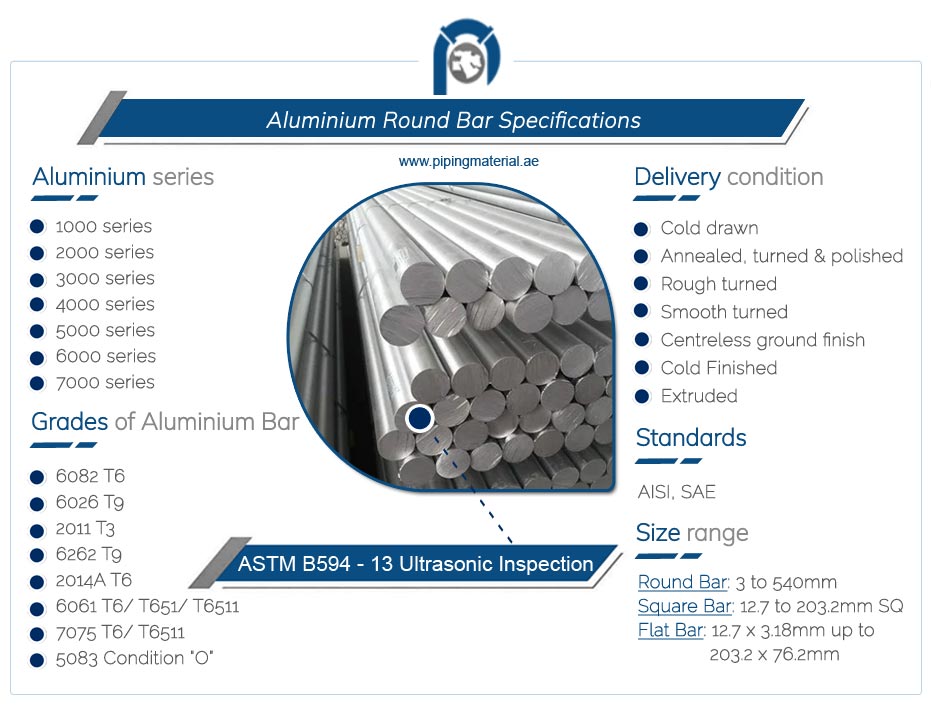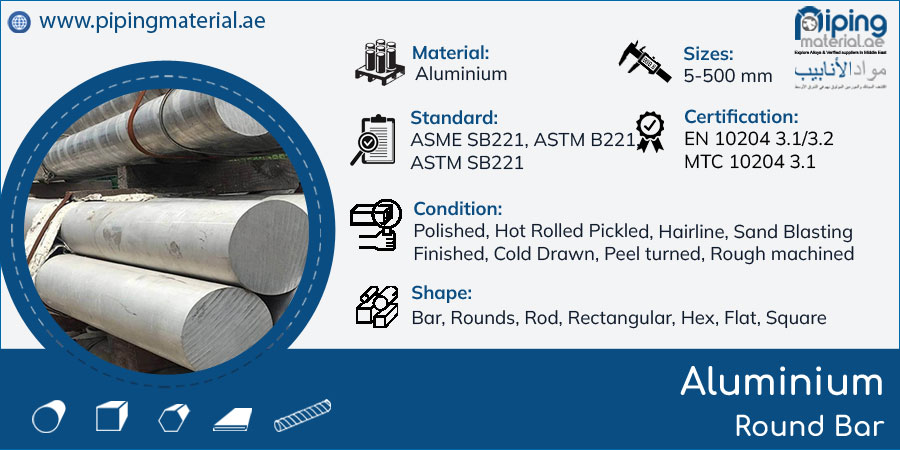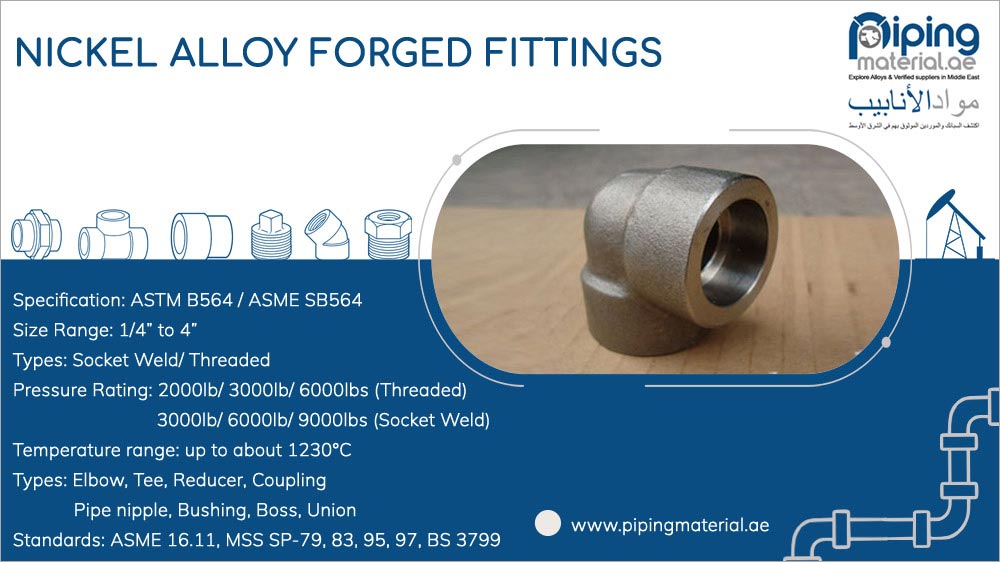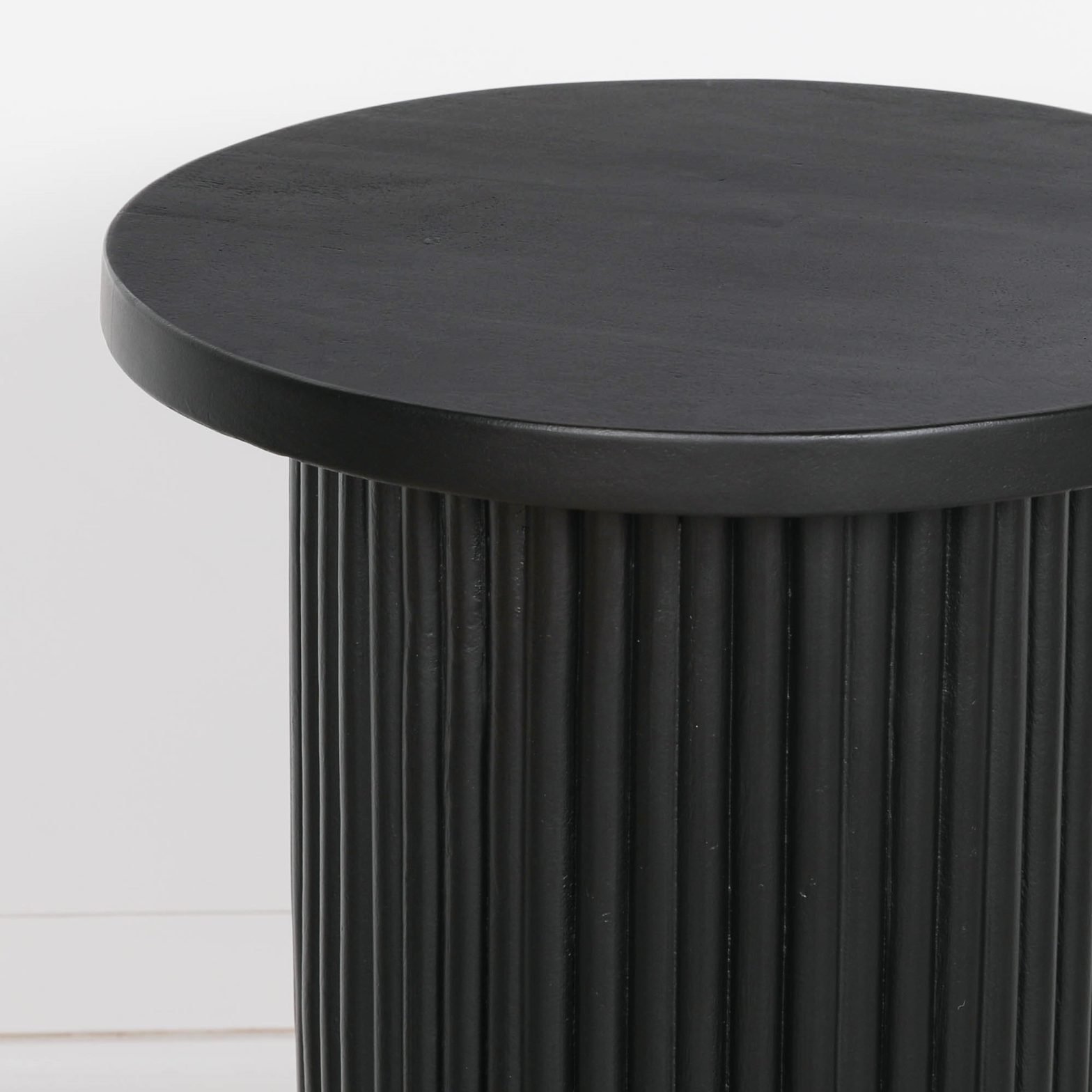Embracing Eco-Friendly Alternatives: The Rise of Non-Aluminum Tubes and Bars

Introduction:
The world is witnessing a significant shift towards sustainability and environmentally-friendly practices. As consumers become increasingly aware of the impact their choices have on the planet, industries are reevaluating their manufacturing processes to offer greener alternatives. One such area where change is rapidly taking place is in the materials used for tubes and bars. While aluminum has been a popular choice for these products for many years, there is a growing demand for non-aluminum alternatives that are more eco-conscious. In this blog, we will explore the reasons behind this trend and delve into some of the promising eco-friendly alternatives to aluminum tubes and bars.

The Environmental Impact of Aluminum:
Aluminum has long been favored for its lightweight, corrosion-resistant, and malleable properties, making it an ideal material for various applications. However, its production has significant environmental consequences. The extraction and refining of aluminum require vast amounts of energy, leading to high greenhouse gas emissions and contributing to climate change. Additionally, mining activities can disrupt local ecosystems and lead to the destruction of natural habitats. The recycling of aluminum does help alleviate some of these concerns, but the process still consumes substantial energy.
Non-Aluminum Alternatives:
- Stainless Steel: Stainless steel is a durable and recyclable alternative to aluminum. It boasts excellent corrosion resistance, making it suitable for applications where exposure to moisture and harsh elements is common. Stainless steel also has a higher melting point than Aluminium bar, making it more resilient under extreme temperatures. Due to its ability to be recycled efficiently, stainless steel has gained popularity in various industries seeking to reduce their environmental footprint.
- Bamboo Fiber: Bamboo is a rapidly renewable resource that offers a lightweight and biodegradable alternative to traditional metal tubes and bars. Bamboo fiber composites have shown great potential for applications where strength and flexibility are essential. Moreover, bamboo's rapid growth and minimal need for pesticides or fertilizers make it a sustainable choice.
- Bioplastics: Derived from renewable plant-based sources, bioplastics are garnering attention as a greener alternative to traditional plastics and metals. Some bioplastics, like polylactic acid (PLA), possess remarkable mechanical properties, making them suitable for applications that require moderate strength and flexibility.
- Titanium: Although titanium is not as prevalent as aluminum, it is gaining traction due to its lightweight nature and excellent strength-to-weight ratio. Titanium is also known for its corrosion resistance and biocompatibility, making it ideal for medical and aerospace applications. While titanium's extraction and refining processes still require energy, its long lifespan and recyclability make it a promising eco-friendly option.

Conclusion:
The demand for environmentally-friendly alternatives to aluminum tubes and bars is on the rise, driven by consumers' increasing concern for the planet's well-being. While aluminum has long been favored for its properties, its production comes with significant environmental drawbacks. Thankfully, non-aluminum alternatives like stainless steel, bamboo fiber, bioplastics, and titanium offer promising solutions. These materials not only reduce the carbon footprint of various industries but also pave the way for a more sustainable and greener future. As consumers and industries continue to prioritize eco-conscious choices, embracing these alternatives will undoubtedly play a pivotal role in creating a more sustainable world.
TAGS : aluminum tubes













